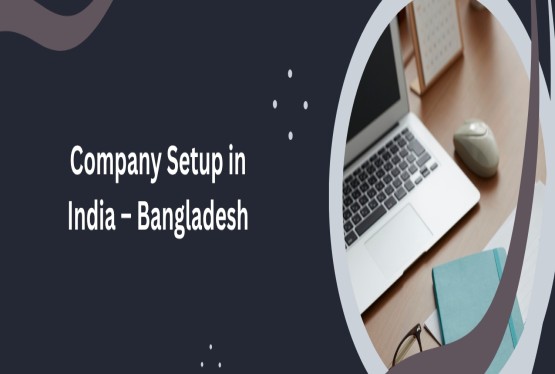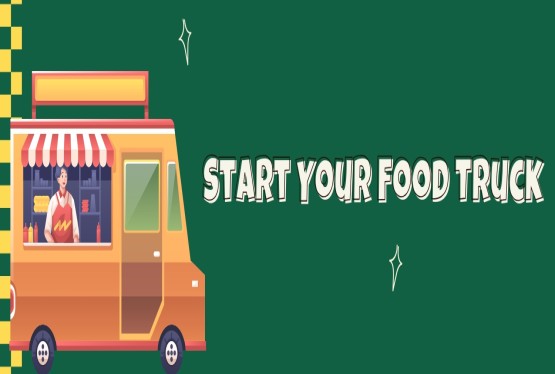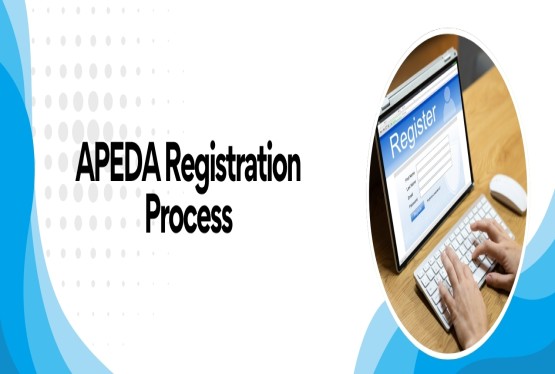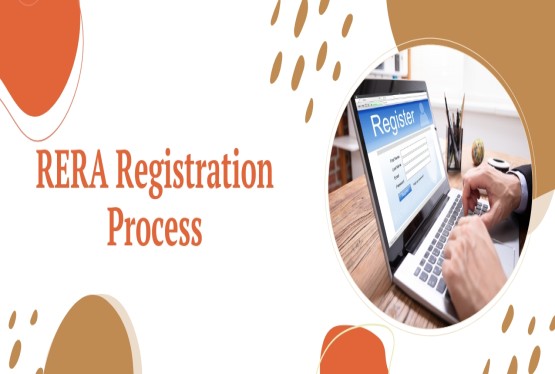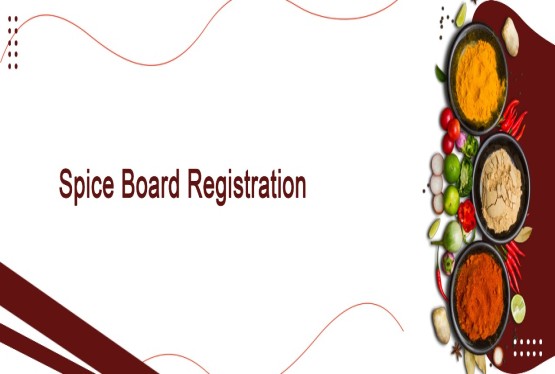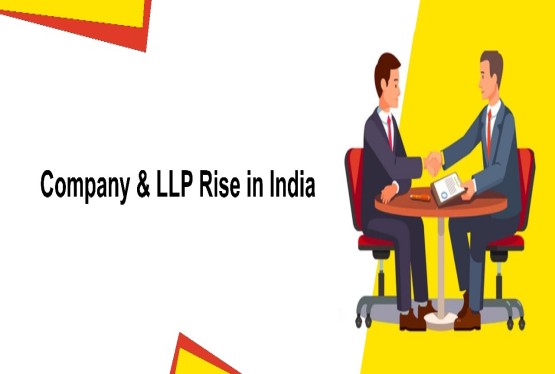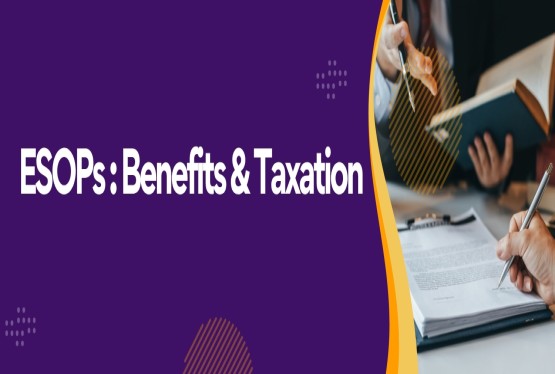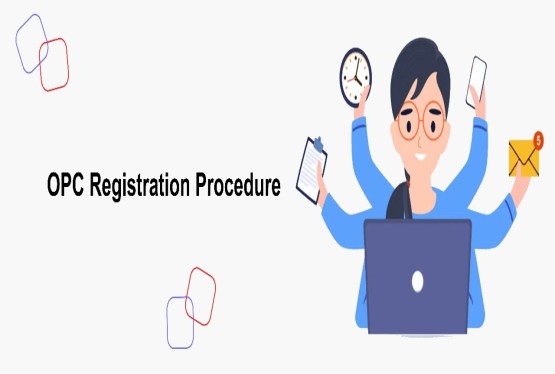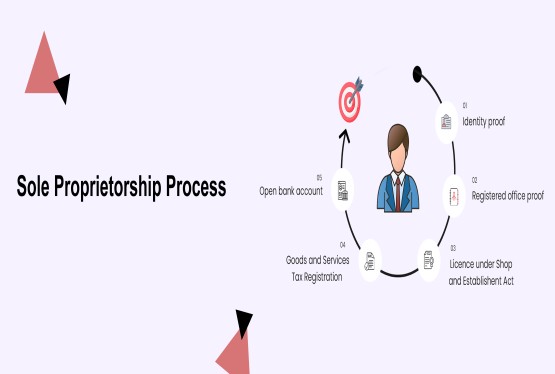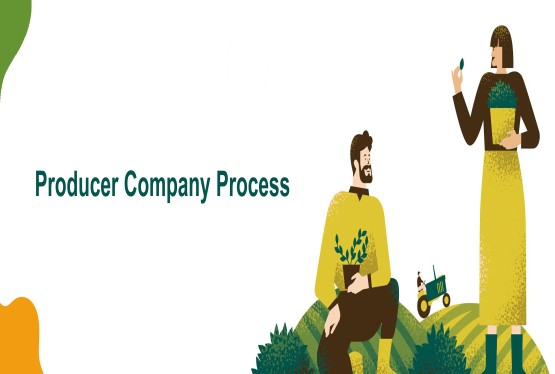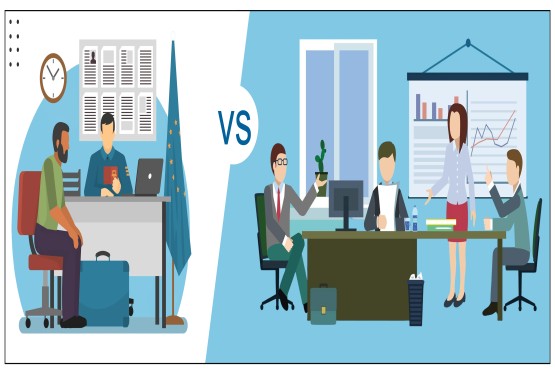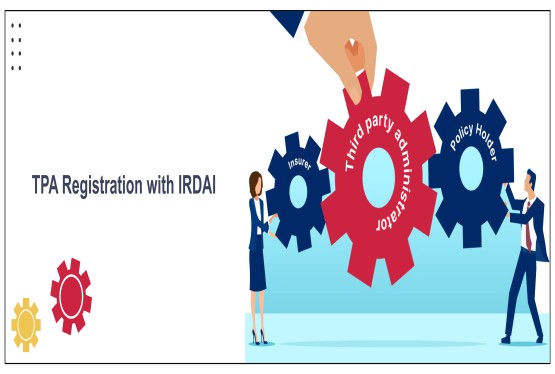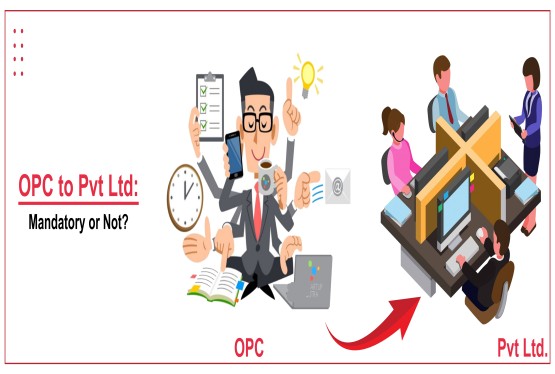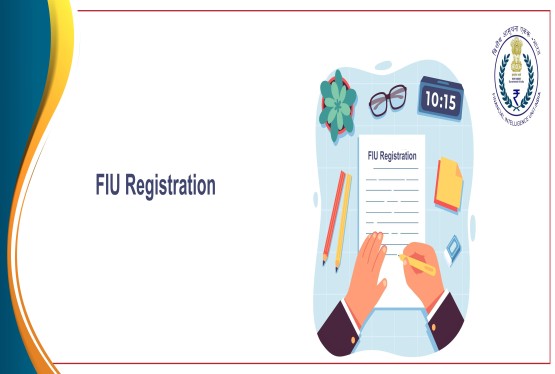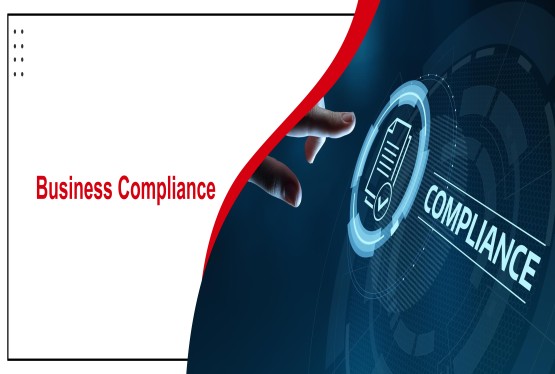Copyright law is a set of legal rules that govern the protection of original creative works, such as books, music, films, photographs, software, and other artistic and literary works. As a creator, it is important to understand the basics of copyright law to protect your intellectual property and avoid infringing on the rights of others. It’s not just the creators who only need to know about copyright but it's equally important for every individual to understand the basics of Intellectual Property Rights.
With the ease of digital reproduction and distribution, it has become increasingly important for creators to protect their work from unauthorized use, copying, or distribution. Copyright law provides creators with the exclusive right to control how their work is used, distributed, and copied, and it allows them to benefit from their creations both financially and creatively. By understanding and respecting copyright law, creators can ensure that their work is properly protected and that they are able to reap the benefits of their hard work and creativity. Scroll down to check more information regarding copyright for Creators.
Before getting into the details one should first understand what is Copyright?
What is Copyright?
A copyright is a legal right that protects the creators of original works of authorship, such as literary, artistic, musical, or other creative works. Copyright gives the creator the exclusive right to control how their work is used, distributed, and copied for a limited period of time.
Under copyright law, the creator of an original work is granted exclusive rights to reproduce the work, distribute it, publicly display it, and create derivative works based on the original. These rights allow the creator to control the use of their work and to profit from its use by others.
Copyright protection arises automatically when a work is created and fixed in a tangible form, such as when a book is written, a photograph is taken, or a song is recorded. The duration of copyright protection varies depending on the type of work and other factors, but in general, copyright lasts for the life of the creator plus a certain number of years after their death. After the copyright term expires, the work enters the public domain and may be freely used, copied, and distributed by anyone.
Copyright Law in India
Copyright law in India is governed by the Copyright Act of 1957 and its amendments. The Act grants exclusive rights to the owner of a copyright in a work, which includes literary, dramatic, musical, artistic, and other creative works.
Here are some key features of copyright law in India:
-
Protection: Copyright protection in India is automatic and applies to all original works created by Indian nationals or published in India.
-
Duration: Copyright protection in India lasts for the lifetime of the author plus 60 years after their death.
-
Rights: Copyright owners have exclusive rights to reproduce, distribute, communicate, perform, and translate their works.
-
Fair Use: The Indian Copyright Act provides for certain exceptions to copyright infringement, such as fair use for research, criticism, review, and news reporting.
-
Registration: Copyright registration is not mandatory in India, but it is advisable as it provides evidence of ownership and can be helpful in legal disputes.
-
Infringement: Copyright infringement occurs when someone uses a copyrighted work without the permission of the copyright owner or in violation of the terms of a license.
-
Remedies: The Indian Copyright Act provides for civil and criminal remedies for copyright infringement, including damages, injunctions, and imprisonment.
Overall, the Indian Copyright Act provides robust protection for copyright owners while also allowing for limited exceptions for fair use and other purposes.
Which protections does a Copyright give?
A copyright provides creators with a range of exclusive rights to control how their original works are used, distributed, and copied. These protections include:-
Reproduction: The right to make copies of the work in any form, including digital copies, printed copies, or recordings.
-
Distribution: The right to distribute copies of the work to the public by sale, rental, or other transfer of ownership or possession.
-
Public performance: The right to perform the work publicly, such as in a play, musical, or film.
-
Display: The right to display the work publicly, such as in a gallery or museum.
-
Derivative works: The right to create new works based on the original work, such as a sequel, adaptation, or translation.
These exclusive rights allow creators to control the use of their works and to profit from their use by others. For example, a songwriter may control the use of their lyrics and music, and may earn royalties from the sale or performance of their songs. An author may control the use of their written works, and may earn royalties from book sales, adaptations, or translations.
Copyright also provides creators with the ability to enforce their exclusive rights by suing for copyright infringement if someone else uses their work without permission. If a court finds that infringement has occurred, the creator may be entitled to damages, including profits made by the infringer, and may be able to obtain an injunction to prevent further infringement.
In the last two decades, IPR has reached a position where it plays an important role in the development of the economy therefore it is very important for the creators, startups or businesses to understand the development and protection of IPR law in India. Now let’s understand who the creators are and why copyright law is important for them.
Creators – Who are they?
Creators are individuals or entities who produce original creative works, such as writers, musicians, visual artists, photographers, filmmakers, software developers, designers, and architects. Creators may work independently or as part of a larger creative team, and they may create works for personal or commercial purposes.
The term "creator" encompasses a wide range of individuals and entities who use their creative skills and talents to produce original works of art, literature, music, film, or other forms of creative expression. These individuals and entities are the driving force behind the development of new ideas, products, and services, and they play a vital role in the cultural, social, and economic development of society.
Copyright for Creators: What are their Rights?
Copyright law provides creators with a range of exclusive rights to control how their original works are used, distributed, and copied. These rights include:
-
The right to reproduce the work: This includes the right to make copies of the work in any form, such as printing, recording, or digitizing.
-
The right to distribute the work: This includes the right to sell, lease, rent, or otherwise distribute copies of the work to the public.
-
The right to publicly display the work: This includes the right to show the work in public, such as in a gallery or exhibition.
-
The right to publicly perform the work: This includes the right to perform the work in public, such as in a concert or play.
-
The right to create derivative works: This includes the right to create new works based on the original, such as translations, adaptations, or sequels.
-
The right to control the use of the work: This includes the right to authorize or prohibit any use of the work by others, such as licensing the work to others for use.
These rights are exclusive to the copyright owner and allow creators to control how their original works are used, distributed, and copied. Copyright law also provides creators with the ability to license their works to others, to sell their copyright to another party, and to enforce their rights against those who infringe upon their copyright. By understanding their rights under copyright law, creators can protect their creative works and ensure that they are able to benefit from their hard work and creativity.
What is not safeguarded by Copyright for Creators?
While copyright law provides creators with a range of exclusive rights to control how their original works are used, distributed, and copied, there are certain things that are not safeguarded by copyright. These include:
-
Ideas: Copyright law only protects the expression of ideas, not the ideas themselves. This means that if two creators come up with similar ideas, they may both be able to create works based on those ideas without infringing on each other's copyright.
-
Facts and information: Copyright law does not protect facts, information, or data. This means that anyone can use factual information without infringing on copyright.
-
Titles and names: Copyright law does not protect titles, names, or short phrases. While these may be protected by trademark law, they are not protected by copyright law.
-
Government works: Works created by the U.S. federal government are not eligible for copyright protection, although they may be protected by other forms of intellectual property law.
-
Works in the public domain: Works that are no longer protected by copyright are said to be in the public domain, and they may be freely used, copied, and distributed by anyone.
By understanding what is not safeguarded by copyright, creators can ensure that they are not overly restrictive in their use of ideas, facts, and other non-copyrightable elements in their own works, and they can also avoid infringing on the copyrights of others.
Exceptions to Copyright for Creators
While copyright law provides creators with exclusive rights to control the use, distribution, and copying of their original works, there are some exceptions to these rights. These exceptions are designed to balance the interests of creators with the interests of society in promoting free expression, education, research, and other public goods. Some common exceptions to copyright include:
-
Fair use: The fair use doctrine allows for the limited use of copyrighted works without the copyright owner's permission for certain purposes, such as criticism, commentary, news reporting, teaching, scholarship, or research. Fair use is determined on a case-by-case basis and takes into account factors such as the purpose and character of the use, the nature of the copyrighted work, the amount used, and the effect on the market for the original work.
-
Public domain: Works that are no longer protected by copyright are said to be in the public domain and may be freely used, copied, and distributed by anyone. This includes works whose copyright has expired, works created by the U.S. federal government, and works that have been dedicated to the public domain by their creators.
-
Creative Commons: Creative Commons licenses allow creators to share their works with others under certain conditions, such as requiring attribution or prohibiting commercial use.
-
Library and archives: Certain exceptions allow libraries and archives to make copies of copyrighted works for preservation, research, or other purposes.
-
Educational and non-profit use: Some exceptions allow for the use of copyrighted works in educational and non-profit settings, such as in classroom teaching or for charity fundraisers.
Conclusion
In summary, as a content creator, it is essential to consider copyright registration to protect your original work and prevent others from using it without permission. Otherwise, you may wind up paying legal fees on a copyright infringement claim that you lose. These are the essentials of Copyright for Content Creators that you must know. Copyright can be complicated, but it’s an essential law to aid creators to safeguard their work and make sure that they are able to use and profit from their work as they choose. If you want to know further about your rights or how to register your work under copyright law, contact our Compliance Calendar team.












_crop10_thumb.jpg)





_crop10_thumb.jpg)



























-Form_crop10_thumb.jpg)

_crop10_thumb.jpg)























_learn_crop10_thumb.jpeg)
































_crop10_thumb.jpg)

_crop10_thumb.jpg)





















_crop10_thumb.jpg)















_for_Foreign_Directors_learn_crop10_thumb.jpeg)




_Act,_2015_learn_crop10_thumb.jpg)
































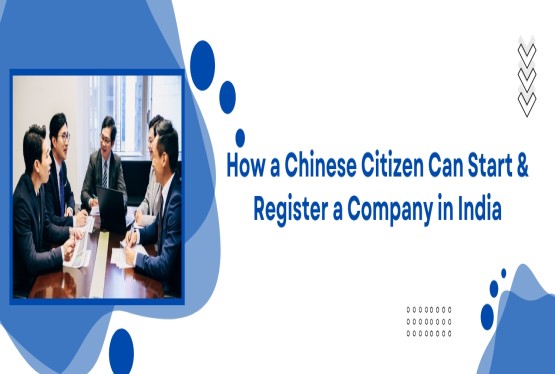
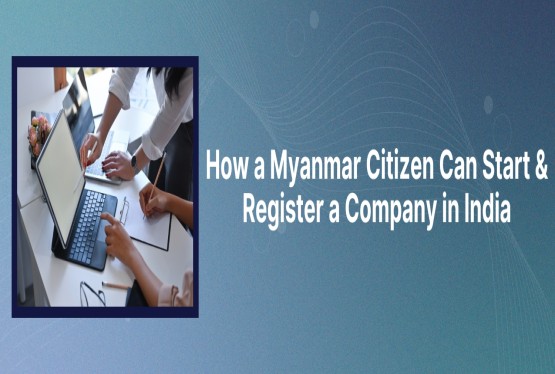
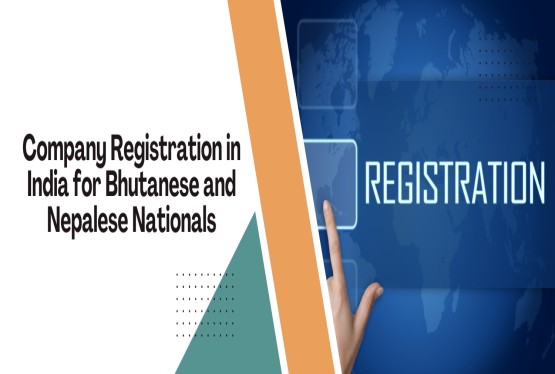
_learn_crop10_thumb.jpg)
